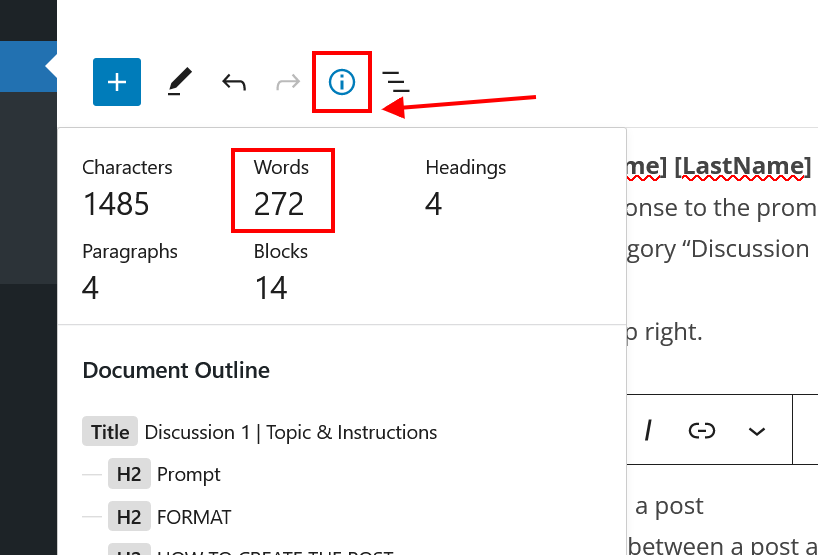In this week’s reading, Beyond the Gender Binary by Alok Vaid Manon, Alok not only makes clear their own path with gender, but also gives the readers such a concise break down of how we can all pave a path to move beyond the gender binary. Alok does not miss a beat as they cover the history, rebute all arguments, and paint a picture of what gender expression can be.
For Alok, moving beyond the gender binary is not so much a choice they make, but rather that it’s not an option to live in oppression. It means having the freedom to live and explore life as they need to in order to be authentic, happy, and useful to the world and themself. No one is able to live a happy life when they’re being forced to lie to themselves and the world around them. So the choice they are making, is a choice to be authentic and happy, and as a result they need to move beyond the gender binary because they do not have a place to identify in a binary world. As an activist, Alok has also taken the role of teaching, fighting, and educating everyone for people that do not have space in this binary world. For Alok it is more than just a self expression and discovery, but a mission to dismantle a way of living that does not work for people.
Where I grew up, there was not a lot of discussion around gender identities. We were aware of sexual preferences, but nothing beyond whether someone was homosexual, heterosexual, or bisexual. I am a heterosexual female and my pronouns are she/her. So, in those very basic ways I fit into the binary norm. The ways I do not fit into the binary norm did cause a lot of confusion for me, but never enough that I would say I’ve struggled in any sort of way that most people who do not fit into the gender binary do. I was a dancer and spent most of my life in places that offered a lot of freedom to self-expression and identity.
My parents brought me up to be an independent, strong woman. We played sports, did a lot of outdoor activities, I was encouraged to be myself, have opinions, develop my intellect, and love myself the way I look naturally. These virtues do not go along with the traditional and common binary roles and I felt that a lot as a young girl and a woman. Tomboy, independent, strong, opinionated, were always feedback I received from people in not necessarily positive ways. It was always stated as a “unique” or “different” trait. If I ever mentioned anything about struggling with meeting a romantic partner, these traits were brought up. And, other comments I heard often in response were that I needed to put more makeup on or be more “girly” to get a boyfriend.
I had never heard anyone talking about fluidity in gender, or mentioning any idea of there being different ways to be, different people looking for different things. I also never heard anyone mention that you could feel different on the inside than you looked on the outside. That was where I have always had a disconnect. I don’t feel girly, but I look like a feminine woman, and I would often have people seem let down when they had created an idea of who they thought i was and I turned out “different”. Therefor I thought there was something wrong with me. So, as a result I think I accepted that I was different from the binary normative roles with some things and that would just be a challenge for me. Which is an example of how stunting these beliefs are, there is no reason I should have spent my time thinking that about myself.
I have definitely found my own way into shaping myself as a person, accepting and celebrating my authenticity, and learning to allow the nuances of being a full human exist within me, but it was through a different route. I think life could be entirely different if we were offered freedom to become the best people we can be, So, I would say that young people are very lucky now to have this conversation on the table, especially coming from people like Alok.

